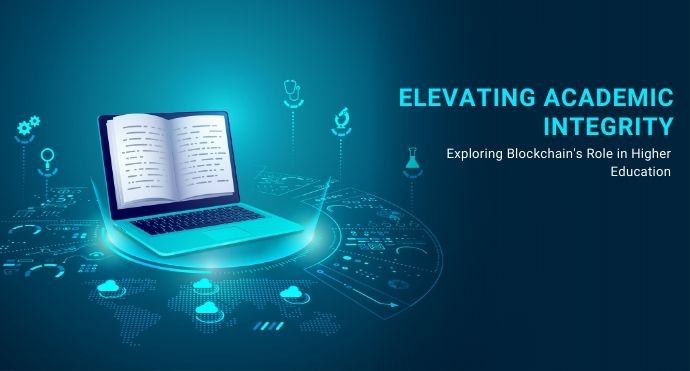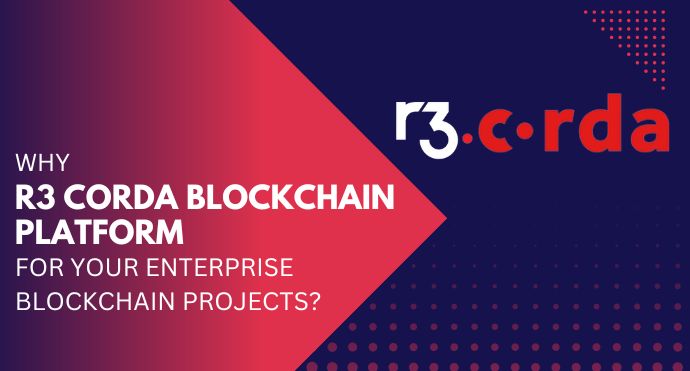In today’s digital age, the college and university-industry faces numerous challenges, ranging from credential fraud to data privacy concerns. While existing technologies have made significant strides in addressing these pain points, there is a growing need to explore innovative solutions that can further revolutionize the sector. One technology that holds immense promise is blockchain. In this blog post, we will delve into the need for exploration through proof of concept (PoC) and minimum viable product (MVP) initiatives with blockchain technology, despite the existence of other software solutions.
Enhancing Credential Security and Reducing Fraud:
One of the most pressing issues in the education industry is the prevalence of credential fraud. According to the Council for Higher Education Accreditation, an estimated 200,000 fake degrees are sold each year worldwide. Existing technologies have made efforts to mitigate this problem, but they often fall short in providing robust security. Blockchain’s decentralized and immutable nature offers a unique opportunity to create a tamper-proof system for storing and verifying academic credentials.
Streamlining Transcript Management:
Transcript management is often a complex and time-consuming process for both students and institutions. The American Association of Collegiate Registrars and Admissions Officers (AACRAO) reports that 43% of institutions experience delays in transcript processing, leading to administrative inefficiencies and student frustrations. With blockchain, the transparency and traceability of records can be significantly improved, streamlining the process and reducing administrative burdens.
Empowering Student Data Privacy:
Data privacy is a critical concern in the college and university industry. The education sector has become a prime target for cyberattacks, with a 50% increase in reported data breaches from 2018 to 2019, according to the Verizon Data Breach Investigations Report. Furthermore, a survey conducted by the Babson Survey Research Group found that 79% of respondents were concerned about the privacy of their personal data held by educational institutions. Blockchain, with its decentralized architecture and cryptographic techniques, can provide enhanced data privacy and empower students with greater control over their personal information.
Ensuring Academic Integrity:
Maintaining the integrity of academic records is of utmost importance. The Global Education Verification Market is projected to reach $833.86 million by 2026, indicating the growing need for robust verification systems. Blockchain can create an immutable ledger that tracks achievements, certifications, and accomplishments, thereby reducing the risk of falsification or manipulation. By establishing a transparent and trustworthy record of students’ accomplishments, blockchain promotes academic integrity.
Simplifying Transfer Credit Evaluation:
Transferring credits between educational institutions can be a cumbersome process with existing technologies. The National Student Clearinghouse reports that approximately 38% of students transfer at least once within six years of starting college, highlighting the prevalence of credit transfer challenges. Blockchain’s transparency and immutability can simplify the evaluation and transfer of credits, reducing administrative burdens and enhancing transparency for students and institutions alike.
Conclusion:
While existing technologies have made significant contributions to addressing pain points in the college and university industry, there is an undeniable need for the exploration of blockchain technology. By leveraging blockchain’s potential through proof of concept (PoC) and minimum viable product (MVP) initiatives, institutions can unlock new possibilities, enhance credential security, streamline processes, ensure data privacy, and transform various aspects of the education sector. Together, let’s shape the future of education through blockchain technology.



